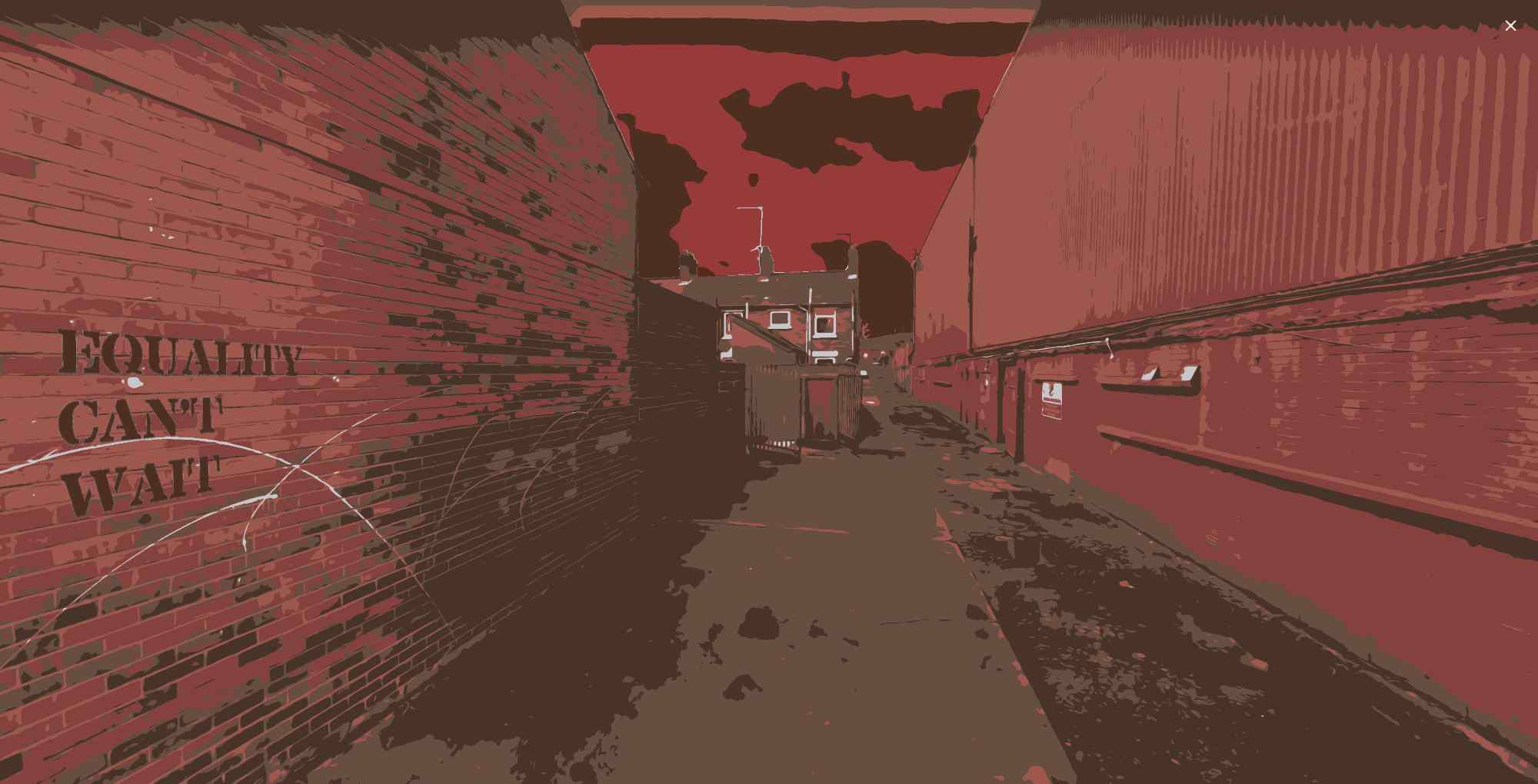
Policy Watch
An eye on policy changes in Ireland, the UK and beyond
Condemnation for the Home Office's 'New Plan' for Immigration | Protecting Rough Sleepers and Challenging NRPF | NI: Homelessness and Social Housing Need | Ongoing Criticism of Home Office Accommodation for Asylum Seekers
Condemnation for the Home Office’s ‘New Plan’ for immigration - even amongst its allies
After months of deliberate government action to close down legal routes of entry, whip up public feeling about ‘the broken asylum system’ and float increasingly farfetched proposals for dealing with new arrivals, on 24 March the Home Office announced its ‘New Plan’, featuring a deliberate denial of the right to seek asylum to everyone except those few able to arrive through ‘sponsored’ routes, in violation of the principles underpinning refugee law. The claims of people who arrive ‘illegally’ – as most are forced to – would be deemed ‘inadmissible’. The hostile environment would extend even to those granted temporary status, limiting their stay to 30 months.
More than 450 immigration experts wrote a letter deriding the plan as being founded solely on assertion, not research, and said "under international law one cannot travel illegally if one is seeking asylum”. This came on the heels of twelve sets of chambers and a number of independent barristers submitting a complaint the Home Office about its misleading the public on immigration issues in the UK in breach of the civil service code. Former Home Secretaries and senior civil servants warned that the ‘new plan’ was unworkable and would end up costing more than the current system. The United Nations High Commissioner for Refugees’ representative in the UK expressed alarm at the “erosion of the international protection system”. The European Council on Refugees and Exiles questioned the rationale for the New Plan, at a time when asylum applications to the UK are at a historic low, while others pointed out that the UK has far fewer asylum claims than countries like France and Germany. Even the conservative magazine The Economist concluded “Ms. Patel’s new rules are unlikely to reduce the number of people seeking refuge in Britain, but they may succeed in treating some of them more shabbily”.
PPR’s Sipho Sibanda told the Belfast Telegraph that the Home Secretary’s plans for a “fair but firm” overhaul of immigration rules were “just another discriminatory way to add to the already hostile environment” for refugees and asylum seekers.
Protecting rough sleepers and challenging NRPF
A parliamentary Housing Communities and Local Government Committee report called on government to issue a clear directive to councils to house people with No Recourse to Public Funds during the pandemic, as it did at the start of the first lockdown. It recommended a task force to reconcile the government’s commitment to end rough sleeping by 2024 with its NRPF policy. With regard to private rentals, it called for an ‘exit plan’ from Covid restrictions for this sector, and for financial support – for instance through discretionary housing payments – to private tenants facing rent arrears due to Covid-19.
The Home Office faces a high court challenge to its No Recourse to Public Funds policy – rolled out in 2012 as part of the hostile environment – on the grounds that it discriminates on the basis of race. The case has been lodged on behalf of a 5-year-old British citizen denied access to welfare benefits protecting against homelessness and hunger because of his parents’ immigration status. The Home Office has acknowledged that 80% of people subjected to NRPF are Asian or African.
A Public Accounts Committee report into rough sleeping indicated that by January 2021, local authorities acting under the ‘Everyone In’ policy had helped more than 37,000 potential rough sleepers into accommodation. This figure indirectly raised concerns about the government’s data collection on homelessness as it was nearly nine times the number of rough sleepers recorded in the last official ‘snapshot’ before the Covid-19 pandemic began, which set the base for future planning and budgeting.
NI: homelessness and social housing need
People who were not living in fixed accommodation began receiving Covid-19 vaccinations after the NI Public Health Agency announced plans to vaccinate 1,200 rough sleepers and people in temporary accommodation. The programme, which employs mobile vaccination teams to day shelters, hostels and other locations, is rolling out by Trust, with all five trusts expected to have begun by end March. Health authorities in Wales, Scotland and England had already announced plans to offer the Covid-19 vaccine to this clinically vulnerable group.
In Derry, Depaul raised concerns about more than 80 new cases of homelessness in the city between August and December 2020.
Northern Ireland Housing Executive (NIHE) data showed that people in west Belfast are waiting on average 23 months for a home - the longest waiting time of any area in the north and half again as long as waiting times (around 15 months) in north and east Belfast. Nearly 3,000 households were considered to be in housing stress against only 401 social homes allocated to new tenants during the previous year. An NIHE spokesperson said " it has been well recognised that there is a supply issue for available land in west Belfast for new social housing".
Ongoing criticism of Home Office accommodation for asylum seekers
Following damning inspection reports from the Independent Chief Inspector of Borders and Immigration (ICIBI) and Her Majesty’s Inspectorate of Prisons (HMIP), Penally Barracks ceased being used to house asylum seekers on 21 March. However the Home Office doubled down on its use of Napier Barracks – scene of a mass Covid-19 outbreak following overcrowding and lack of sanitation and hygiene facilities. Jesuit Refugee Service and others called for Napier to be closed as well.
The Home Office continued a programme of moving 9,500 asylum seekers in England and Wales out of hotel accommodation where they were placed during lockdowns into Serco or Clearsprings asylum accommodation, run alongside Migrant Help. Charities say many are being moved across the country with next to no notice and placed in seriously substandard conditions.
